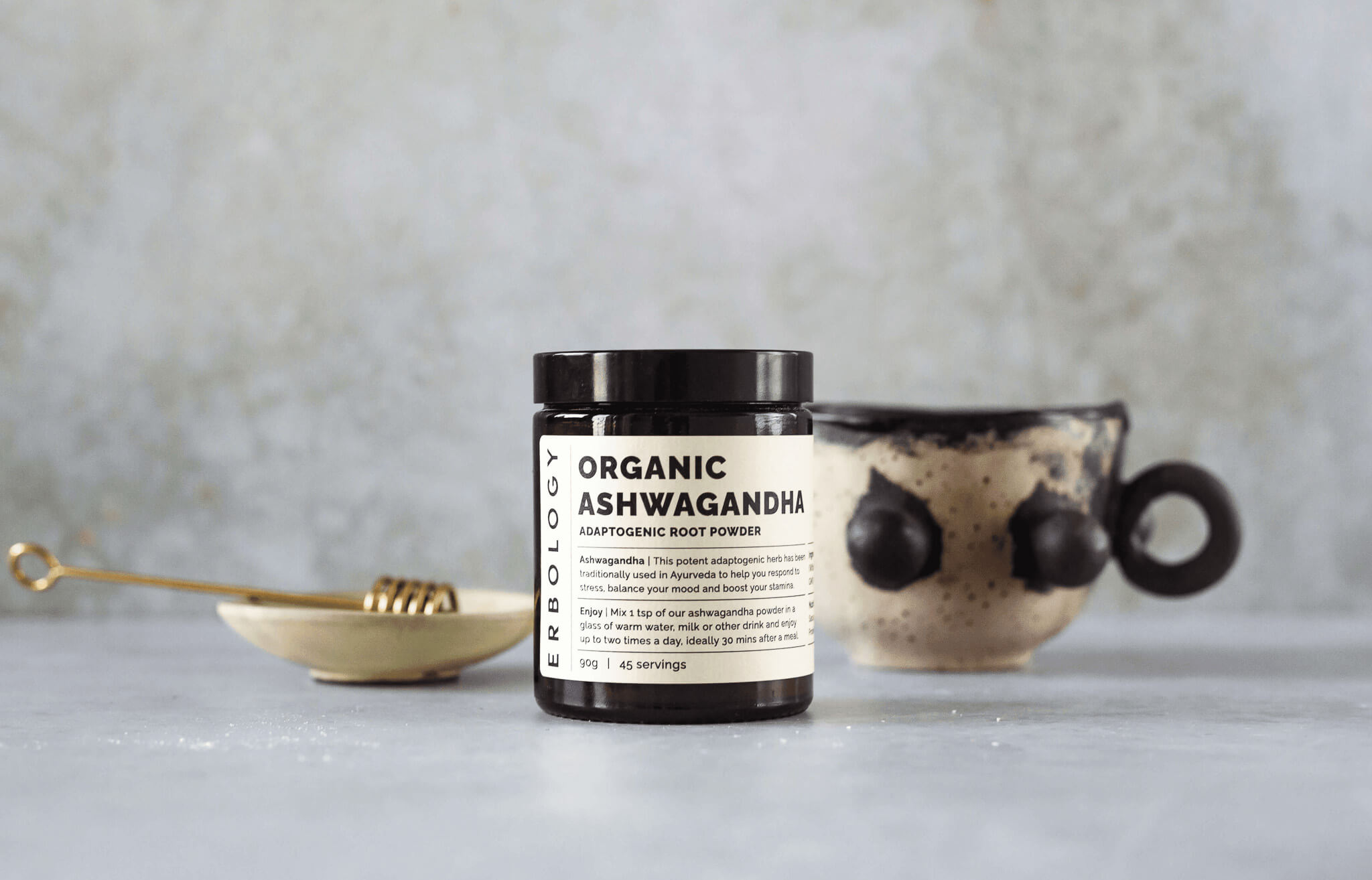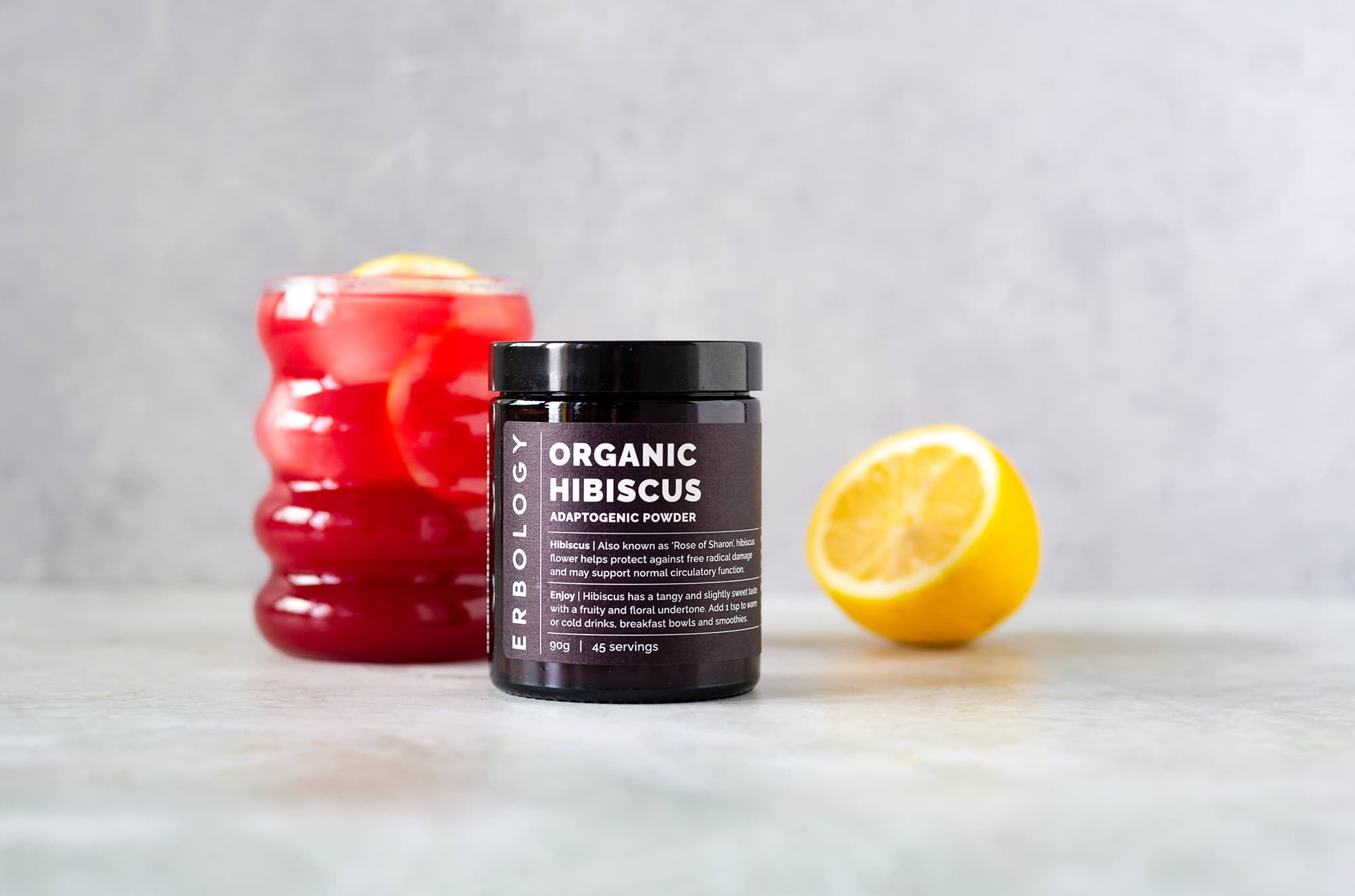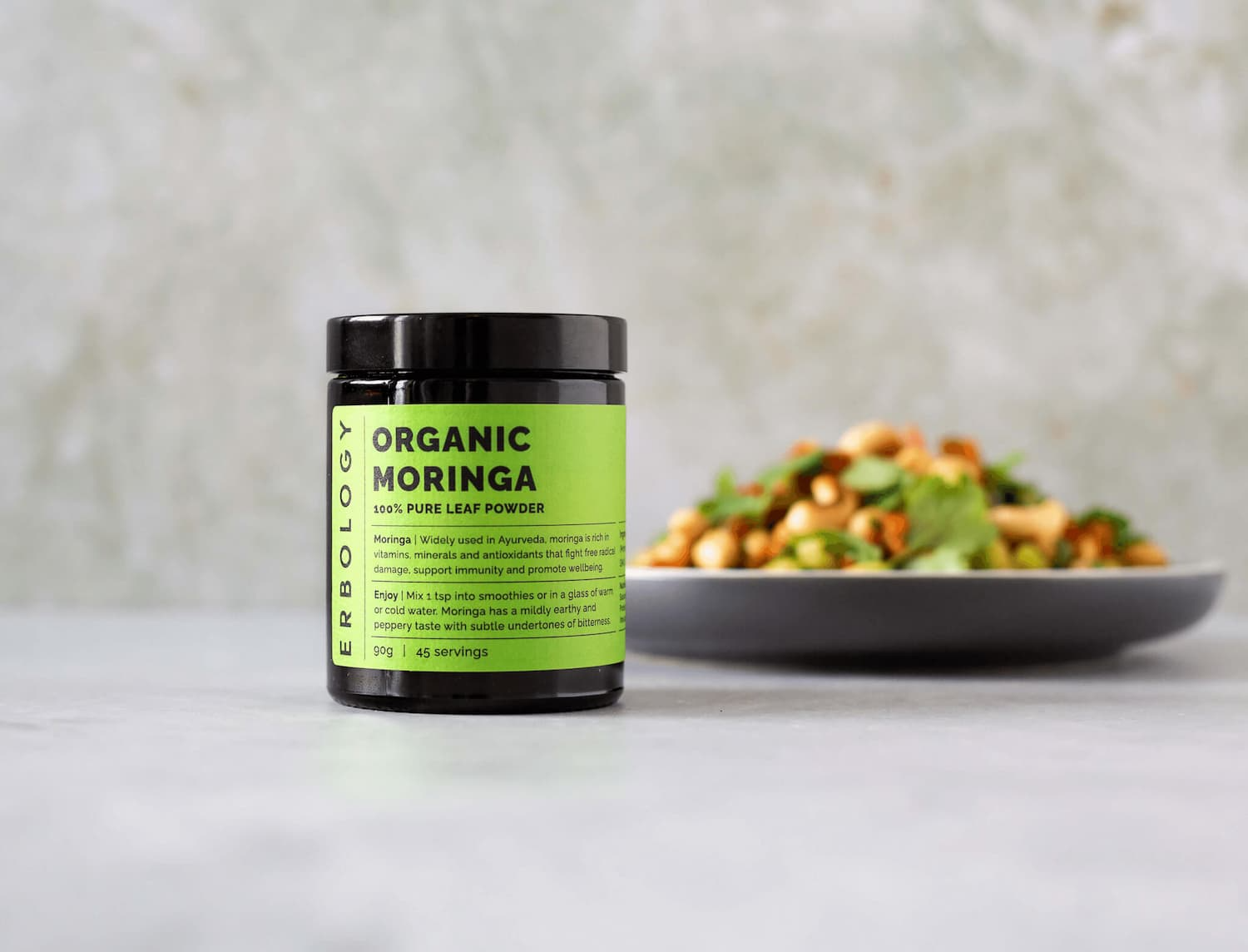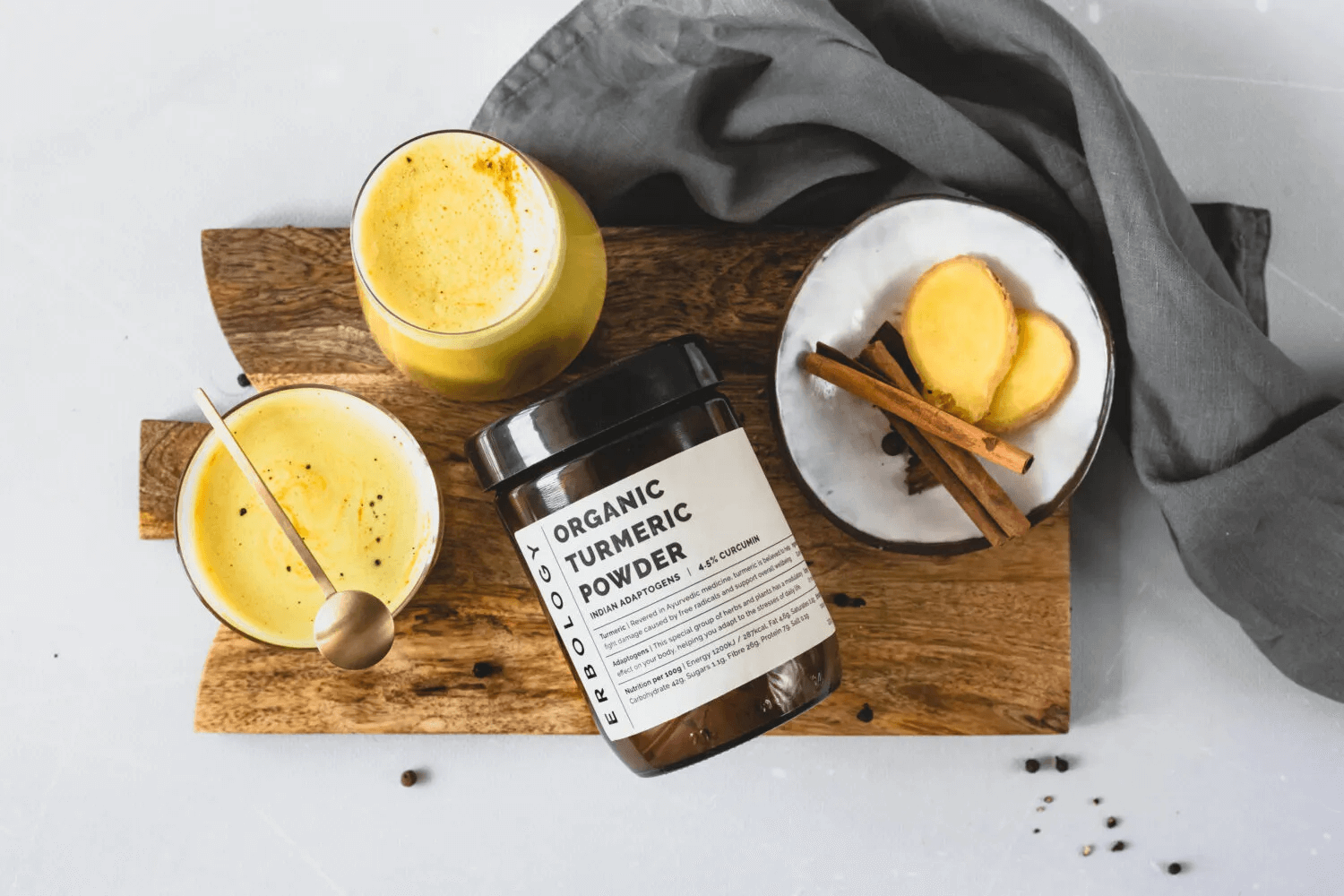28 Dec 2021
Hibiscus tea pregnancy concerns: is it safe?
A quick recap on hibiscus
Before we get started, we’ll include a very quick reminder on the basics of hibiscus. This special flower has been used in traditional medicine for generations.
There are a few different species under the family name ‘hibiscus’, including Hibiscus sabdariffa.
It is famed for its benefits for your blood pressure, blood sugar levels and cholesterol levels. Scientists have discovered that it is packed with antioxidants such as polyphenolic acid, flavonoids and anthocyanins. Furthermore, it may even help with weight loss.
The most popular way to consume hibiscus is in the form of a tea, which you can make by brewing the petals or calyces in water. However, it is also available in the form of a powder which can be added to smoothies, desserts and other recipes.
For more information on the health benefits of this colourful flower, head over to our article on hibiscus health benefits.
What are the concerns about hibiscus in pregnancy?
There are a couple of concerns around consuming hibiscus while pregnant. These mostly centre around hibiscus’s ability to interfere with your hormones (and potentially those of your baby).
Before we deal with those, it’s important to note that all of the scientific evidence we could find relates to non-human studies conducted on animals.
There is little to no evidence for the safety of hibiscus in pregnant women. However, after observing some unwanted side effects in animals, the authors of the animal studies have strongly advised that pregnant women avoid hibiscus until more is known about its effects in humans.
Now, onto the concerns that experts have around hibiscus.
![]()
Hibiscus might help stop an embryo from implanting
A number of studies have found that treating animals (usually rats) with hibiscus stopped embryos from implanting into the wall of the uterus. This must happen to ensure that that the embryo develops into a foetus and the pregnancy continues successfully.
It’s unclear from the research exactly how this happens. Some studies observed that the zygote (fertilised egg) formed successfully but wasn’t able to implant.(1) Meanwhile others suggest that hibiscus might stop the zygote or blastocyst (very early embryo) from forming correctly.(2)
Researchers also theorised that hibiscus might be contributing to creating an unfavourable environment for implantation in the womb.(2)
Both of the studies mentioned above used a species of hibiscus called Hibiscus rosa sinensis which is closely related to Hibiscus sabdariffa.
As a result, the authors of the studies strongly advised that hibiscus should be avoided during the early stages of pregnancy.
It may alter the pattern of your periods and ovulation
One study gave women with irregular periods either an unrefined papaya tea or a hibiscus tea. After two months, the women who had taken hibiscus tea exhibited changes in their symptoms.(3)
Some people believe that hibiscus is an ‘emmenagogue’, which might explain its effects on your menstrual cycle. An emmenagogue is a type of herb which is thought to stimulate blood flow to the pelvic area and your uterus.
While this may be very useful if you’re trying to keep irregular periods under control, it’s possible that altering your hormone levels could cause problems if you’re pregnant.
A different study on albino mice showed that hibiscus caused changes in their menstrual cycle. In this case, they were in heat (estrous) and the period immediately after, when the uterine wall is built up (metestrous) for longer.
It also caused changes in the ovaries which suggested that the rats were not ovulating as usual.(4)
As a result you should avoid hibiscus if you are trying to conceive or are in the early stages of pregnancy. This is because we don’t know if the symptoms experienced by the albino mice in the study might also be reflected in humans.
Related reading
![]()
undefined

Organic Ashwagandha Powder

Organic Hibiscus Powder

Organic Moringa Powder
